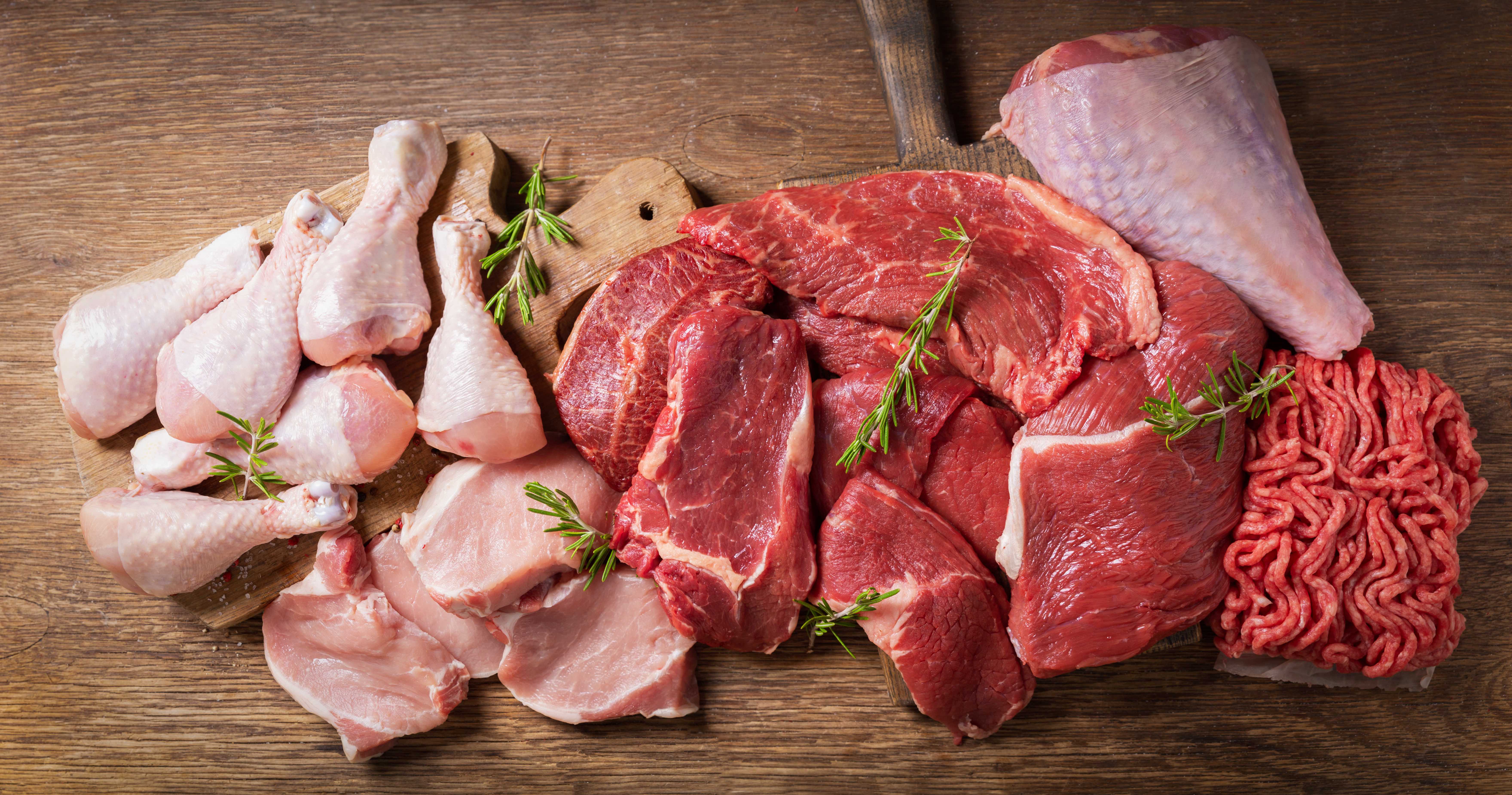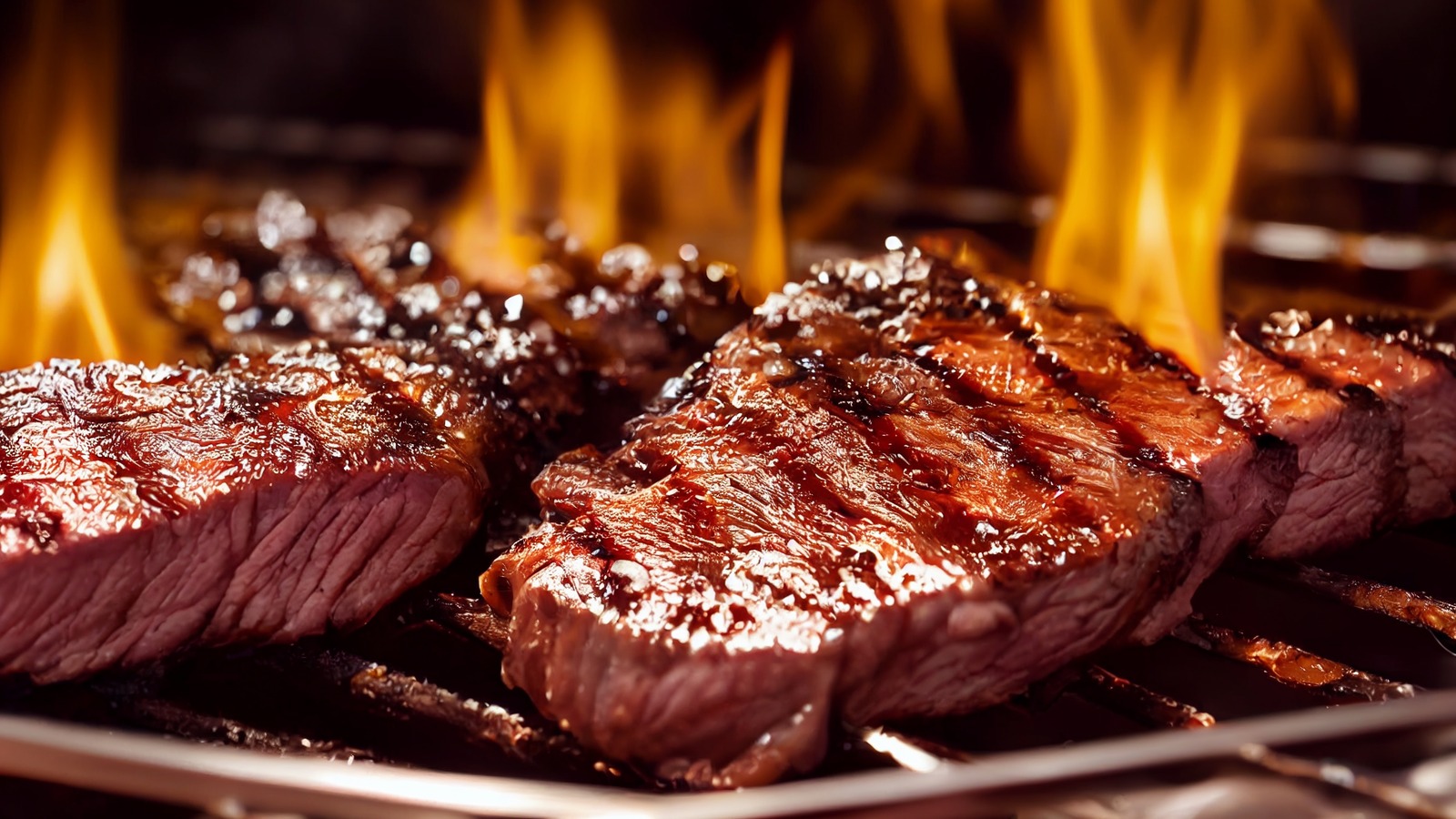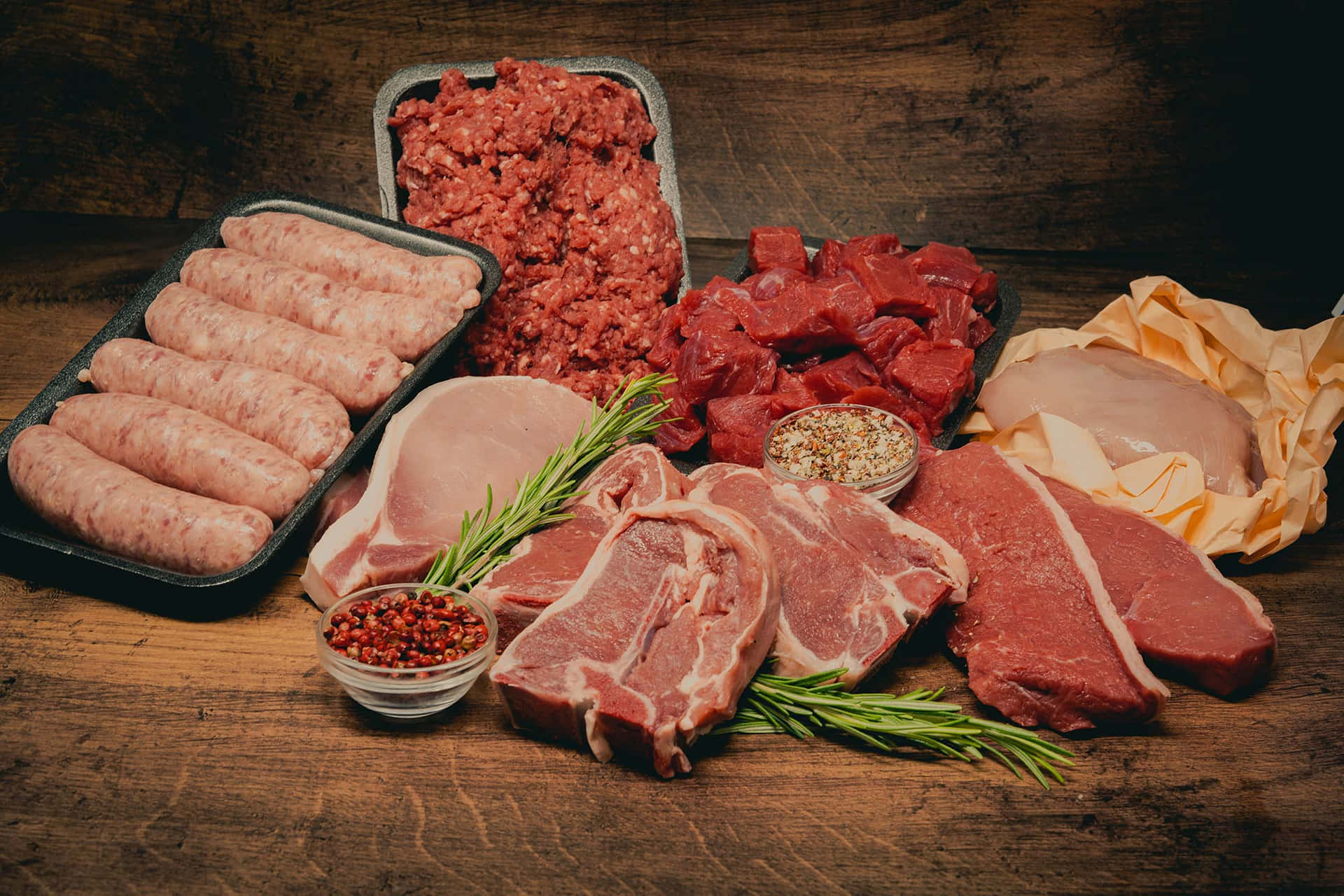What Would Meat Loaf Not Do For Love - The Mystery
For decades, a tune has played in people's minds, a powerful anthem about affection and its limits. This song, by the artist known as Meat Loaf, poses a rather big question that has, you know, kept listeners guessing for a very long time. It speaks of a deep commitment, a promise to give everything, but then it adds a small yet significant condition. That one particular thing, whatever it might be, remains off-limits, even for the grandest kind of feeling.
So, the melody of "I'd Do Anything for Love (But I Won't Do That)" became a massive hit, reaching the very top spots in many countries, like, an astonishing fifteen of them. It was, in some respects, the biggest song of Meat Loaf's whole career. People heard it, they sang along, and they kept wondering: what on earth was "that" one thing he just would not do, no matter what?
The song, released back in 1993, certainly captured a lot of attention. It truly became a topic of conversation, with folks everywhere trying to figure out the secret. Thirty years have passed since then, and listeners still, you know, sort of ponder what that specific "that" could possibly mean. It’s a rock music puzzle, one of the greatest, and it keeps people thinking about what boundaries exist, even when you care about someone a whole lot.
- Paige Lorenze
- Elementary School Sleepy Stickers
- Were The Menendez Brothers Adopted
- Ingrid Andress National Anthem
- Cassidy Gifford
Table of Contents
- Who Was Meat Loaf - A Brief Look
- What Exactly Would Meat Loaf Not Do For Love?
- Other Things Meat Loaf Would Not Do For Love
- The Legacy of "That" - What Would Meat Loaf Not Do For Love?
Who Was Meat Loaf - A Brief Look
Meat Loaf, born Marvin Lee Aday, was a truly unforgettable figure in music. He had a way of performing that was, you know, very big and theatrical, which really set him apart. His voice was something else, too, powerful and full of feeling, able to carry those long, story-filled songs that became his signature. People often remember him for his work with Jim Steinman, a songwriter who helped create those epic tracks that sounded almost like mini-operas.
His albums, especially "Bat Out of Hell," became huge sellers, moving millions of copies around the globe. He wasn't just a singer, either; he appeared in movies and on stage, bringing his unique presence to different kinds of audiences. Meat Loaf's passing at 74 years of age was a sad moment for many who had grown up with his music, as a matter of fact. He left behind a body of work that continues to resonate with listeners, keeping his spirit alive through his memorable songs.
Personal Details and Bio Data
| Full Name | Marvin Lee Aday |
| Known As | Meat Loaf |
| Born | September 27, 1947 |
| Died | January 20, 2022 (Age 74) |
| Occupation | Singer, Actor |
| Genre | Rock, Hard Rock, Pop Rock |
| Notable Works | "Bat Out of Hell" (Album), "I'd Do Anything for Love (But I Won't Do That)" (Song) |
What Exactly Would Meat Loaf Not Do For Love?
The core of the song's puzzle, the question of what Meat Loaf would not do for love, has been a source of much talk and speculation. He himself, you know, was often asked about it. In interviews, he did try to shed some light on the meaning of that lyric. It turns out, the "that" isn't one single, simple thing, but rather a collection of promises or actions that the narrator of the song would simply not break, even for love.
One of the clearest explanations given for "that" comes directly from the song's verses. If you listen closely, each "I won't do that" is followed by a specific promise. For example, one instance of "that" means he "won't forget the way you feel right now." So, it's not about refusing a grand gesture of love, but more about holding onto personal integrity or not letting love make him do something he would regret later. It's almost like a vow to stay true to himself, even within the bounds of a loving bond.
Another "that" in the song is the promise, "I'll never forgive myself if we don't go all the way tonight." This suggests a commitment to seize the moment, to not hold back from a passionate connection. So, "that" in this context is about not letting opportunities for deep intimacy slip away. It's a bit like saying he wouldn't let hesitation or fear get in the way of a full, complete experience with the person he cares about, you know?
The song is full of these kinds of pledges. He says he will be there "til the final act" and "take a vow and seal a pact." The things he won't do are essentially the things that would betray these promises. It's not a refusal of love itself, but a refusal to behave in ways that would undermine the very essence of the love he is singing about. So, it’s about maintaining the quality and depth of the relationship, rather than giving up on it.
The Song's Enduring Question - What Would Meat Loaf Not Do For Love?
Despite the artist's explanations over the years, the question of what Meat Loaf would not do for love, you know, still holds a certain mystique for many. A reviewer, for instance, once wrote that "exactly what Meat Loaf won't do for love remains a mystery to this day." This feeling persists because the song's power comes from its dramatic presentation and the listener's own interpretation of those boundaries.
The brilliance of the song, in a way, lies in its open-ended nature. By not explicitly stating a single, concrete "that" in the chorus, it allows each person to project their own ideas of limits onto the lyrics. This makes the song feel very personal, as if it speaks directly to their own experiences with love and compromise. It's a clever way to keep people engaged with the tune, making it more than just a catchy melody, but a topic for thought, too.
The line itself, "I'll do anything for love, but I won't do that," actually appeared in another Jim Steinman song before Meat Loaf's version. Bonnie Tyler recorded a song called "Getting So Excited" in 1983, and it featured that very phrase. This shows that the concept of loving without limits, yet having a line you won't cross, was something Steinman explored in his work, you know, even before it became Meat Loaf's biggest hit.
So, while Meat Loaf did offer some insights into the specific "thats" within the verses, the overall feeling of the song's main hook keeps the mystery alive. It challenges listeners to consider their own boundaries, their own "thats," in their relationships. This is perhaps why the song has had such a lasting impact and why people continue to talk about what Meat Loaf would not do for love, even after all these years.
Other Things Meat Loaf Would Not Do For Love
Beyond the lyrical content of his most famous song, there were other instances where Meat Loaf showed he had his limits, even when it came to things that might seem important. My own look into the matter, for example, turned up not just one, but a couple of other things he was simply not willing to do, not even for something as widely loved as sports. It seems his personal experiences shaped his decisions, you know, quite a bit.
One notable situation involved the Australian Football League. Meat Loaf, as it happens, made it clear he would not perform for their big event, the Grand Final. This was apparently due to a rather unpleasant experience he had during a previous performance at their grand occasion. It shows that even a performer who would do "anything for love" had a line he wouldn't cross when it came to professional engagements that had, perhaps, left a bad taste in his mouth.
This incident, in a way, provides a real-life example of a "that" outside the song's poetic verses. It wasn't about romantic love, but about his personal well-being and professional standards. He had a bad time, and he wasn't going to put himself through that again, regardless of the prestige or audience size. It's a reminder that everyone, even a celebrated artist, has their limits and things they just won't do, period.
The public reaction to this decision was varied, of course. Some understood his stance, while others might have been disappointed. But it truly underscored the idea that "that" can mean many things, from personal integrity in a relationship to refusing a performance gig that doesn't feel right. It shows a certain resolve, a determination to stick to one's convictions, which is, you know, pretty much what the song is about in a broader sense.
The Australian Football League Incident - What Would Meat Loaf Not Do For Love?
The story of Meat Loaf's refusal to perform for the Australian Football League Grand Final is, you know, pretty well-known among his fans and in the sports world there. He had previously performed at the event in 2011, and that experience was, by many accounts, quite difficult for him. There were sound issues, and his performance received a lot of criticism, which he felt was unfair and poorly managed.
Because of that rather sour experience, when the opportunity came up again, Meat Loaf simply said no. He would not perform for the AFL again. This decision, in a way, serves as a tangible example of a "that" in his real life. It wasn't a romantic boundary, but a professional one, stemming from a past situation that had, quite honestly, left him feeling rather unhappy. He wasn't going to put himself in a similar spot, no matter the offer.
It goes to show that the things we "won't do" are often shaped by our past experiences and how they make us feel. For Meat Loaf, that previous Grand Final performance was clearly something he wished to avoid repeating. So, while the song speaks of romantic love, his real-life actions also illustrate the idea of setting boundaries for personal well-being, which is, you know, a very human thing to do.
This incident, in some respects, adds another layer to the understanding of "what Meat Loaf would not do for love." It extends the concept beyond just romantic feelings to include self-respect and the protection of one's professional reputation. It's a practical demonstration of drawing a line in the sand, saying, "I've done that, it didn't go well, and I won't do it again," which, you know, makes a lot of sense.
The Legacy of "That" - What Would Meat Loaf Not Do For Love?
The enduring appeal of "I'd Do Anything for Love (But I Won't Do That)" really comes from its ability to make us think about our own limits. The question of what Meat Loaf would not do for love, you know, continues to resonate because it touches upon a universal human experience. We all have things we are willing to do for the people we care about, and then there are those lines we just won't cross, no matter how strong the feeling.
The song's power ballad status and its widespread popularity, reaching number one in a remarkable twenty-eight countries, show how deeply this theme connects with people. It's not just a catchy tune; it's a conversation starter about sacrifice, boundaries, and personal integrity within relationships. People still contemplate what "that" exactly means to them, even after all this time, which is pretty neat.
Meat Loaf himself, you know, probably never fully anticipated the lasting impact of that one line. He was frequently asked about its meaning, right up until his passing. The song, in its way, became a kind of symbol for the complexities of human connection, for the idea that love, as vast as it is, still operates within certain personal parameters. It’s a powerful reminder that even in the most passionate commitments, we still hold onto parts of ourselves.
So, the mystery of "that" lives on, not just as a piece of music trivia, but as a prompt for self-reflection. It asks us to consider what we would, or would not, do for love in our own lives. And in that sense, Meat Loaf's iconic song continues to be a meaningful piece of art, sparking thought and discussion about the very nature of affection and its limits. It’s a very clever way to keep a song alive in people's minds, too.
- Bless The Rain In Africa Lyrics
- Joaquin Antonio Consuelos
- Megan Fox Young
- Caveman Spongebob
- Daphne Joy

20 Types of Meat and Their Benefits - Facts.net

12 Best Large Cuts Of Meat For Grilling

Download High-Quality Image of Assorted Meats | Wallpapers.com